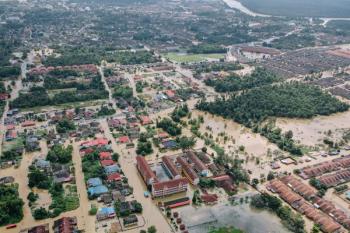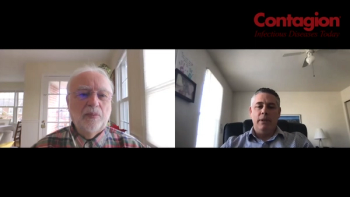
As someone who lives with the long-term effects of chikungunya, Camillo Mora PhD, sees the expanding habitat of mosquitos and is concerned more people will be exposed to vector-borne illnesses and deal with not only the acute phases of these viruses but also the possibility of long-term health effects they can present.



